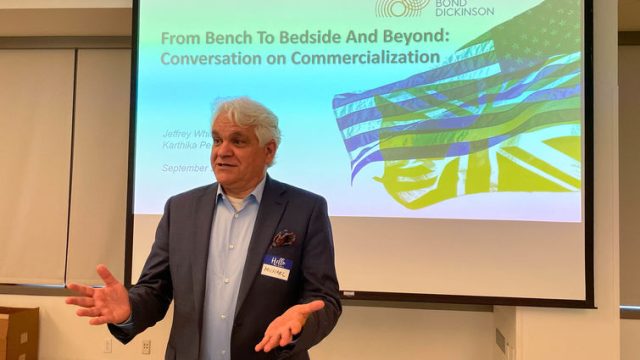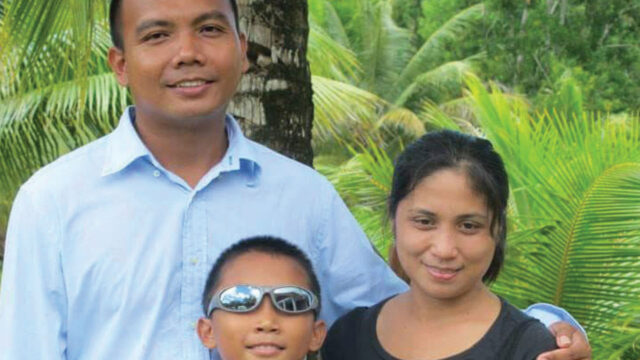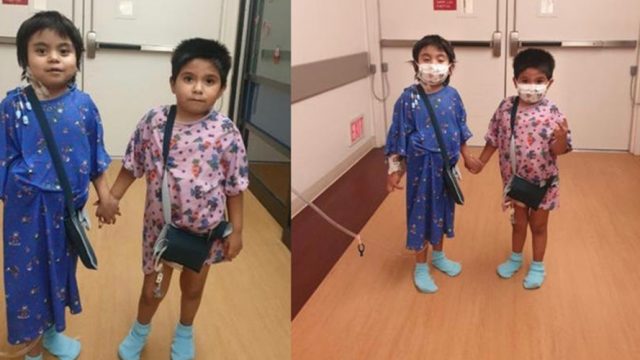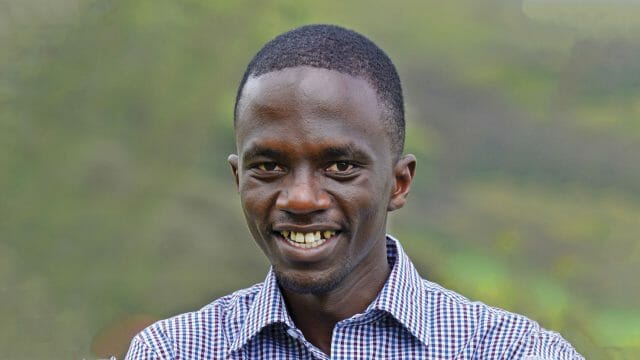What do you want to be when you grow up?” “A Seventh-day Adventist missionary doctor,” Donald Miller answered. That was all he had […]
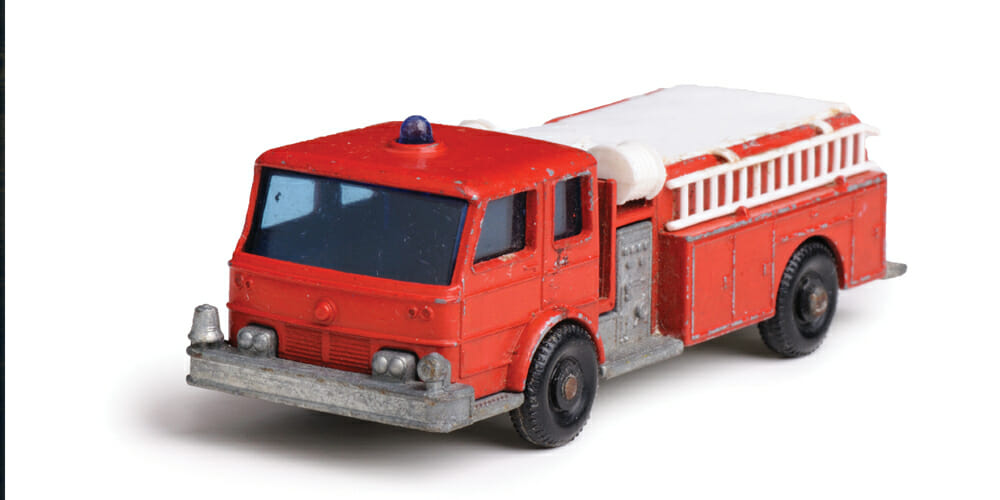
What do you want to be when you grow up?”
“A Seventh-day Adventist missionary doctor,” Donald Miller answered.
That was all he had ever wanted to be, and his life was dedicated to achieving that goal. He did well in school, well enough to be accepted into the Loma Linda University School of Medicine.
After graduation, Doc Miller and his new wife, Wilma, began planning for life as missionaries.
“It really doesn’t matter where we go,” Doc Miller would say. “Wherever God needs us is where we want to be.”
The Millers settled into a medical practice and began paying off their medical school loans.
“That was very difficult for Dad and Mom,” their son, Gordon, says. “All they really wanted were to be missionaries, but now they were tied up with medical missionary work at home.”
“Could you help us on a short-term mission trip down to a mountain village in Mexico where they do not have any doctors?”
The request came from a good friend, a doctor who, like Doc Miller, had now earned a pilot’s license and purchased a small private plane.
“Yessiree!” Doc Miller responded.
That trip was the first of many “short-term” mission trips to Mexico and other countries in Central America. Doc Miller was a careful pilot who landed on dirt roads, short runways, and even on the asphalt of normal airports! His plane was always packed with medical volunteers and boxes of medical supplies. There was always room for another bottle of medicine, another pair of crutches, or a nurse who was eager to serve.
* * *
Doctor Miller flew for 40 years, regularly leading mission trips and fly-in clinics for people living in the high mountains of Mexico.
“But we still wanted to go as medical missionaries far away from home,” Wilma remembers, “and so we retired early so we could serve as medical volunteers wherever God needed us to be.”
When the retirement date arrived, they quickly began their long-dreamed-about life of international medical ministry, mostly in Southeast Asia.
“Several times we traveled to Cambodia and served in the refugee camps. Those trips were the best,” Wilma says. “We dispensed medicines, set bones, distributed food, and hugged children. Most of the kids were orphans, and we wanted to give every one of them a loving home. That was impossible, so instead we focused on making certain they had the best medical care in the world.”
“Dad always carried peppermint candies in his pockets, and the kids followed him like the Pied Piper. He quickly became known as the ‘Candy Doctor.’”
The camp guards called one day, asking Doc Miller to come quickly as a young girl and her little brother had just arrived, two young Cambodians who needed immediate medical care.
“The girl had a fractured leg,” Wilma tells the story, “and yet had been walking for days to make sure her little brother got to safety. This thin little girl, and her even smaller brother, caught our hearts. The girl had been badly beaten, and her leg was in shambles. Her little brother was terrified of everyone and everything, still running from a remembered terror. Doc Miller set the girl’s leg and used broken pieces of an old automobile to put tension on the repaired leg so it would heal correctly. All this time little brother slept under her cot.”
One day the Candy Doctor gave the boy a small red fire truck, a simple gift that came with armloads of love. The boy clutched it tightly to his chest, then dove back beneath his sister’s bed.
A few weeks later the Millers returned to the United States.
* * *
Realizing that this might be his last chance to give his father the “perfect gift,” Gordon Miller, now a medical doctor himself, told his parents that he was flying them to the Paris Air Show in France.
Extravagant? Maybe. But seeing the hundreds of airplanes at this show had always been the old pilot/doctor’s biggest dream. Doc Miller accepted his son’s offer and began to plan for the trip.
However, shortly before the trip, Doctor Miller had a heart attack and died.
“I didn’t want to go to the Paris Air Show now,” Wilma remembers. “Not without Dad.”
“We need to go, Mom,” Gordon urged. “Dad had looked forward to this trip, and even though he’s not here, he would have wanted you to go.”
Wilma’s Cambodian memories guided their choice of taxis as they exited the airport in Paris.
“Dad would have wanted an Asian driver,” Wilma told Gordon, pointing to a young Asian man standing beside a taxi.
“Where were you raised?” Wilma asked once they were in the cab.
“Cambodia,” the driver answered.
“Did you live in one of the refugee camps?” she pressed.
“Yes, my oldest sister was adopted by a French family, but my other sister and I were lost in the camps for several years till she finally found us.”
Wilma dug deep in her purse, found a wrinkled photo, and pushed it eagerly toward the driver.
“Did you know this man? He’s my husband, and we worked together in the camps. He was a doctor. A very good doctor!”
The driver glanced at the photo, guided his taxi to the curb, stopped, and pulled a small package from deep beneath his seat.
“Yes, I knew Doctor Miller,” the driver said, unwrapping the package and holding it so Wilma could see.
“Doctor Miller was my friend. He gave me hope.”
In the driver’s hands was a small, well-worn red fire truck.
“I had started to doubt that our lives had been of any value to anyone,” Wilma Miller says today. “Then God took me to Paris and showed me an old fire truck. I think we did just what God needed us to do.”
Dick Duerksen, a pastor and storyteller living in Portland, Oregon, United States, is known around the world as “an itinerant pollinator of grace.”


